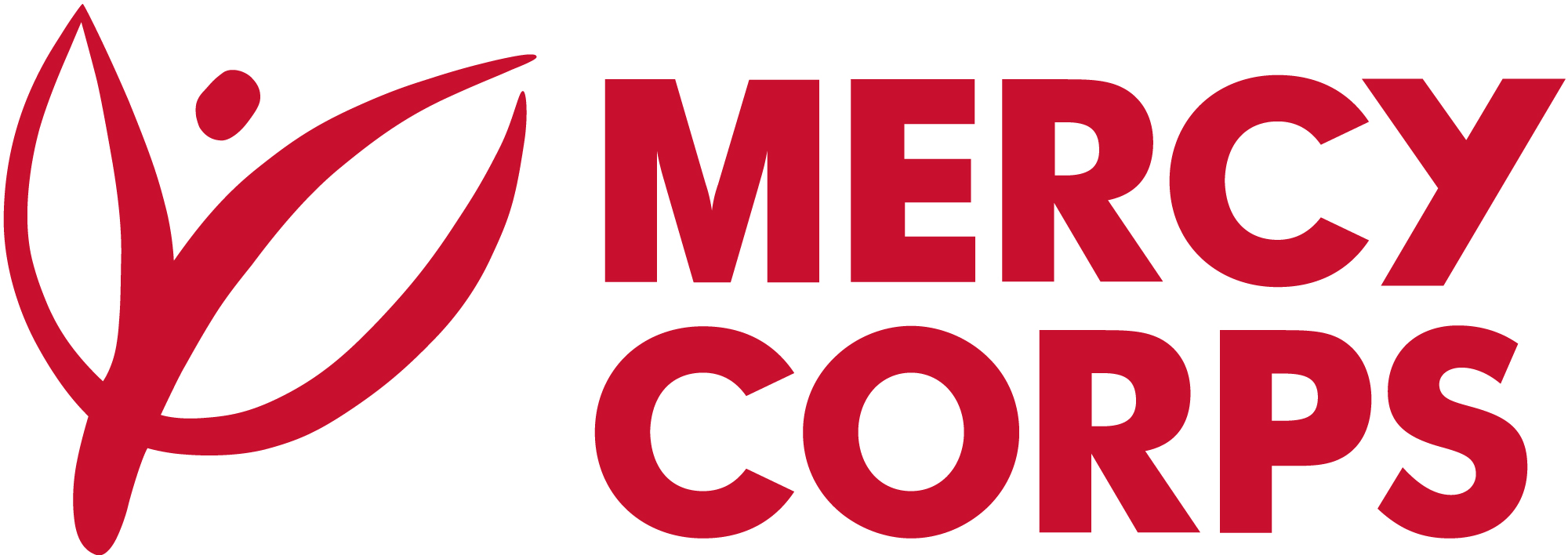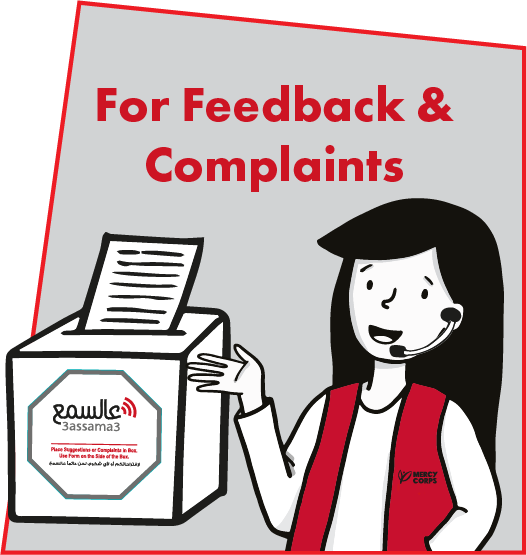As one of the requirements of good governance is enhancing civic participation of local communities in public life, the IJMAA+ program has partnered with Upload and is seeking to bridge the gap between residents, particularly youth, and five municipalities in the Bekaa area by conducting joint and participatory needs assessments (PNAs). The municipalities, stakeholders, and youth are engaging in a meaningful and inclusive participatory process that will identify their key recommendations and challenges within selected sectors relevant to their communities, eventually acting as a framework for future interventions. The findings from this process will be presented in a booklet for each municipality.


#IJMAA+ is a Mercy Corps – Lebanon program funded by the European Regional Development and Protection Programme for Lebanon, Jordan and Iraq RDPP Middle East that aims to contribute to a reduction in drivers of tension amongst and between Lebanese host communities, refugees, and municipal authorities in the Bekaa through fostering dialogue and providing rapid stabilisation support.


Featured stories
VOICES OF VULNERABILITY: A needs Assessment in Lebanon’s Akkar, Bekaa, and Southern regions
EXECUTIVE SUMMARY: Lebanon is currently experiencing a severe humanitarian crisis driven by a combination of factors, including decades of political instability, an economic collapse classified by the World Bank as one of the most severe globally in over 150 years,...
Cash in Armed Conflict – A Feasibility Assessment of Cash Assistance in Lebanon
Since September 2024, the escalation of hostilities between Israel and Hezbollah has caused the displacement of over 1 million people and large humanitarian suffering in Lebanon. The humanitarian response has prioritized distributing in-kind assistance to displaced...
Livelihood outcomes of multi-purpose cash assistance
Since 2019, the severe economic crisis in Lebanon has plunged a large portion of the population into poverty. Over the last decade, poverty has more than tripled, reaching 44% in 2022. Many families were forced to adopt negative coping strategies such as...





